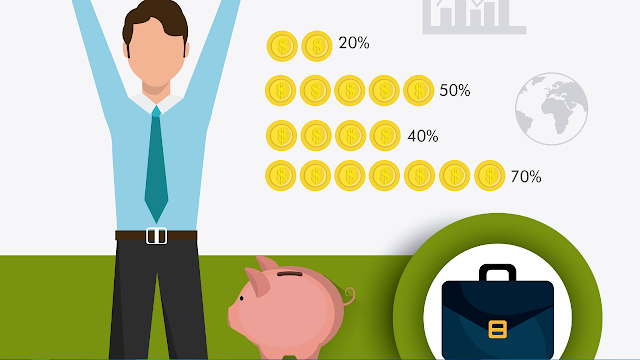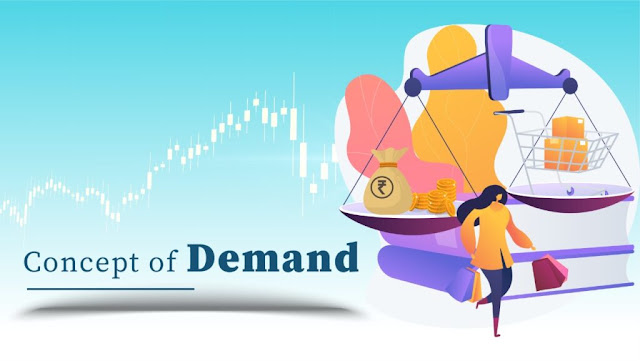State and Society – State does not Exist Without Man
Before discussing the state and society, we should know that, what is the state, the authority we are accepting, its conception in the people is that of an organic state of which man is a member, the same thing is also true here that the state is real. And above all, while a notion state is also a machine, which is also a machine made by man, in this way the state and man are not separate but completely related to each other but here it is also true that, State does not exist without man.
The existence of the state can be justified by the purposes it seeks to achieve for the citizens, or that is to say, the true meaning of the state is by the advancement of life which is the right to life, security, liberty and property security. Provides that man can increase his welfare by following the rules and regulations of the state, Hegel believes that the state is a divine incarnation on earth, that is, man receives all his power from the state itself. On the other hand, liberal and democratic, capitalist and socialist states are also visible along with the state.
Although the state performs its functions in many ways, but on the other hand the law, police, army and navy are essentially under the state, the essence of the state is the repository of the collective power of the citizens. Which is visible internally and externally?
Three functions of the state have been done in India:-
2. Protection of bureaucracy
3. Management of police and army for law and order.
In the historical context of the Indian
2. Jagirdari and Zamindari
3. Colonies i.e. ruled by the British Government
Therefore, we can say that a mixture of idealism and rationalism is seen in the Indian state. Although the state plays its decisive role in the matter of equality and inequality among citizens, however in the modern world we have started accepting welfare state as an ideology. Whereas the feudal system, free economy, accepting capitalism as life welfare talks about radical changes especially for the upliftment of weaker sections.
India can be seen as a welfare state. The Indian Constitution talks of a welfare & socialist state through the Directive Principles of Policy. The meaning of welfare state is-
(1) Refers to the minimum income absolute to the work or property of individuals and families.
(2) Lowers the threshold of vulnerability of individuals and families.
(3) Talks about providing good facilities to all citizens without discrimination on the basis of rank or class.
Therefore, it can be said that, a welfare state talks about minimum health, economic security and attainment of minimum standard of living, as well as will arrange for education for the citizens, in this way welfare state is a different system from capitalism which deals with evils. Talks about public welfare away from him.
source - https://www.maharishiuniversity.ac.in/state-and-society-state-does-not-exist-without-man/




Comments
Post a Comment